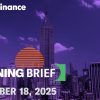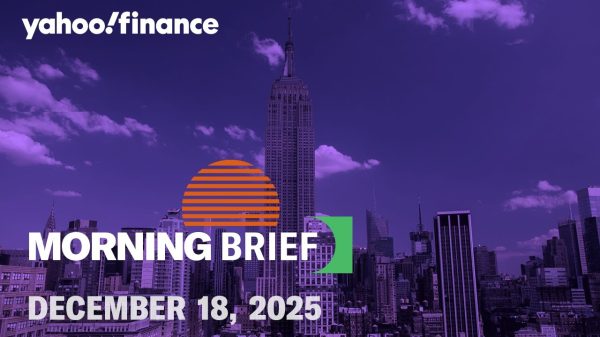By Ankur Banerjee
SINGAPORE (Reuters) – The U.S. dollar rose to a more than two-month peak on Friday, on course for its sixth straight week of gains, as investors sought its safety as they awaited a speech from Federal Reserve Chair Jerome Powell to gauge the path of interest rates.
Markets will dissect Powell’s address on monetary policy at the Jackson Hole Economic Policy Symposium at 10:05 a.m. ET (1405 GMT) to better understand whether the Fed is done with rate hikes and how long it plans to keep rates elevated.
The , which measures the U.S. currency against six rivals, rose 0.173% to 104.25, the highest since June 7. The index is up more than 2% in August and is set to snap its two-month losing streak.
“Market expects Powell to use the platform tonight to reiterate the ‘higher for longer’ rhetoric given how the U.S. economy has displayed relative resilience,” said Christopher Wong, a currency strategist at OCBC in Singapore.
Wong said Powell is likely to stress that policy outcome remains highly dependent on economic data.
“The risk is that Powell’s message or tone comes across as less hawkish than expected,” Wong said. “He does not need to be dovish but a less hawkish speech could see dollar ease off.”
Two Federal Reserve officials tentatively welcomed a jump in bond market yields as something that could complement the U.S. central bank’s work to slow the economy and get inflation back to the 2% target, while also noting they see a good chance that no more interest rate increases will be needed.
The policymakers – Philadelphia Fed President Patrick Harker and Boston Fed President Susan Collins – spoke in separate interviews on Thursday.
Data overnight also showed that the number of Americans filing new claims for unemployment benefits fell last week, as labour market conditions remained tight.
A recent run of strong economic data has helped ease worries of an impending recession but with inflation still above the Fed’s target, investors are wary that the U.S. central bank is likely to keep interest rates higher for longer.
“Whilst it appears the Fed may be done with hiking; how long do they hold rates steady at these levels? That’s the million-dollar question,” said Tom Hopkins, portfolio manager at BRI Wealth Management.
“The market expects the central bank to begin cutting rates in May next year, however I’d be sceptical of this at this juncture as the economic picture may not justify monetary easing.”
Futures are pricing the Fed’s overnight lending rate to stay above 5% through June 2024, with about 100 basis points of rate cuts in the second half. The market in early August was betting on about 130 basis points of cuts next year.
In other currencies, the euro slipped 0.28% to $1.0779, while sterling was last at $1.2563, down 0.29% on the day. Both currencies were at their lowest since mid-June.
The yen weakened 0.19% to 146.10 per dollar as the Asian currency straddled the level at which Japanese authorities intervened last year, keeping traders on their toes looking for signs of similar moves this time.
Core inflation in Japan’s Tokyo perked up in June and remained above the central bank’s 2% target for the 13th month. The data for Tokyo, which is seen as a leading indicator of nationwide trends, will likely feed into expectations for the Bank of Japan to phase out its massive stimulus this year.
The Australian dollar eased 0.20% to $0.641, while the New Zealand dollar fell 0.27% to $0.590.
Read the full article here












